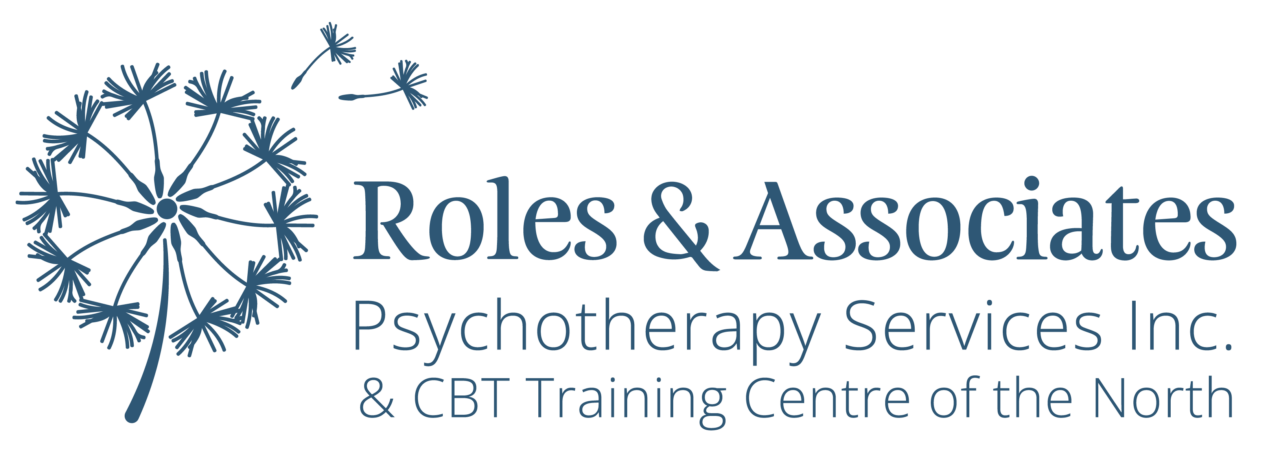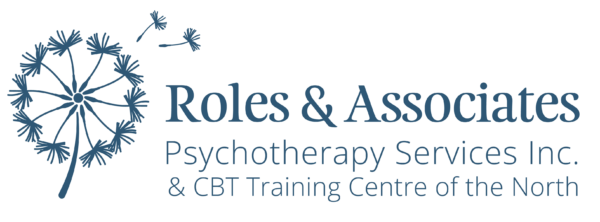What You Need to Know About Postpartum Depression Treatment
Written by Tiffany Decosse

Having a baby can be an incredible time in parents’ lives. It is a pivotal moment both psychologically and physically, sometimes resulting in chaotic or distressing feelings (Çankaya & Dikmen, 2022; Fritsch, 2022). Postpartum Depression (PPD) occurs from 4 weeks to 12 months after childbirth and is described in the DSM-V as a major depressive episode with peripartum onset (Lu et al., 2023). When mental-health care and social support systems become unavailable, parents reporting PPD have skyrocketed (Fritsch, 2022) and this speaks to the importance of having available supports. Much like any mental health challenge, PPD can be treated in different ways. For some, psychotherapy is a preferable treatment to using medication, or other methods that could affect breast-feeding or result in other side-effects for the already overwhelmed parent (Liu et al., 2022), while for others a combined psychotherapy and medication plan is favourable. Psychotherapy, which explores and works with one’s own support system and internal resources, can bolster a sense of confidence and self-efficacy in parenting and this self-identity is ideal to combat low or distressing feelings about life with a new baby.
Parents may be able to recognize and mitigate risk-factors of PPD, especially by collaborating with health-care and mental-health professionals knowledgeable in perinatal preparation, screening for parent psychological and physical health, socioeconomic barriers, lifestyle choices and supportive relationships, amongst others. Ensuring parents are connected to resources before the onset of the changes associated with parenthood (Munk-Olsen et al., 2022) can be invaluable post partum.
Shariat et al. (2022) found that when both parents are involved with perinatal mental health care and develop an awareness of how their own positive mental health will affect their child, partners have a greater chance of creating a smoother transition and feeling more prepared in their newly identified parenthood role. Relationship satisfaction can be another predictor of PPD. A strong and healthy relationship, where partners are able to devote loving and supportive energy towards each other, increases their tolerance of the turbulent transition to becoming parents (Çankaya & Dikmen, 2022; Shariat et al., 2022). In fathers, although not yet widely explored, PPD affects family function and child development and has been shown to have many of the same risk factors as women, particularly with socioeconomic and psychological wellbeing (Shariat et al., 2022). Functional support; including emotional, tangible, informational, and validating support, and in particular the perception of this support can increase feelings of self-efficacy particularly with both paternal and maternal PPD (Liu et al., 2022).
If you are an expecting parent at high risk for PPD and are worried about the resources you may think you lack in terms of mitigating these challenges, there is some good news. Even short-term and cost-effective solutions like a 1-day Cognitive Behavioural Therapy (CBT) group workshops have shown significant long-term positive effects in the prevalence and severity of PPD symptoms (Van Lieshout et al., 2023). There are many routes to treatment, both preventative or remedial, but psychotherapy treatment such as CBT or IPT can assist you with navigating and utilizing your available assets to help ease symptoms and promote a positive outlook in this new parental journey.
References
Çankaya, S., & Alan Dikmen, H. (2022). The effects of family function, relationship satisfaction, and dyadic adjustment on postpartum depression. Perspectives in Psychiatric Care, 58(4), 2460–2470. https://doi.org/10.1111/ppc.13081
Fritsch, E. (2022). Impacts of the covid-19 pandemic on pregnant and postpartum women: Where is the village? Psychoanalytic Psychology. https://doi.org/10.1037/pap0000426
Liu, C., Chen, H., Zhou, F., Long, Q., Wu, K., Lo, L.-M., Hung, T.-H., Liu, C.-Y., & Chiou, W.- K. (2022). Positive intervention effect of mobile health application based on mindfulness and social support theory on postpartum depression symptoms of puerperae. BMC Women’s Health, 22(1). https://doi.org/10.1186/s12905-022-01996-4
Lu, X., Yang, Z., Liu, F., Zhou, Y., Xu, Y., Zhuo, Y., Huang, X., & Gong, M. (2023). Effectiveness of non-pharmacological treatments for postpartum depression: An umbrella review protocol. BMJ Open, 13(1). https://doi.org/10.1136/bmjopen-2022-066395
Munk-Olsen, T., Liu, X., Madsen, K. B., Kjeldsen, M.-M. Z., Petersen, L. V., Bergink, V., Skalkidou, A., Vigod, S. N., Frokjaer, V. G., Pedersen, C. B., & Maegbaek, M. L. (2022). Postpartum depression: A developed and validated model predicting individual risk in new mothers. Translational Psychiatry, 12(1).
https://doi.org/10.1038/s41398-022-02190-8
Ngai, F.-W., & Gao, L.-L. (2022). Effect of couple-based interpersonal psychotherapy on
postpartum depressive symptoms: A randomised controlled trial. Asian Journal of Psychiatry, 78, 103274. https://doi.org/10.1016/j.ajp.2022.103274
Shariat, M., Abedinia, N., Charousaei, H., & Fatahi, F. (2022). The relationship between paternal postpartum depression and psychosocial variables: A longitudinal study in Iran. Journal of Family & Reproductive Health. https://doi.org/10.18502/jfrh.v16i4.11358 Van Lieshout, R. J., Layton, H., Savoy, C. D., Xie, F., Brown, J. S., Huh, K., Bieling, P. J., Streiner, D. L., Ferro, M. A., & Haber-Evans, E. (2023). In-person 1-day cognitive behavioral therapy-based workshops for postpartum depression: A randomized controlled trial. Psychological Medicine, 1–11. https://doi.org/10.1017/s0033291723000454

